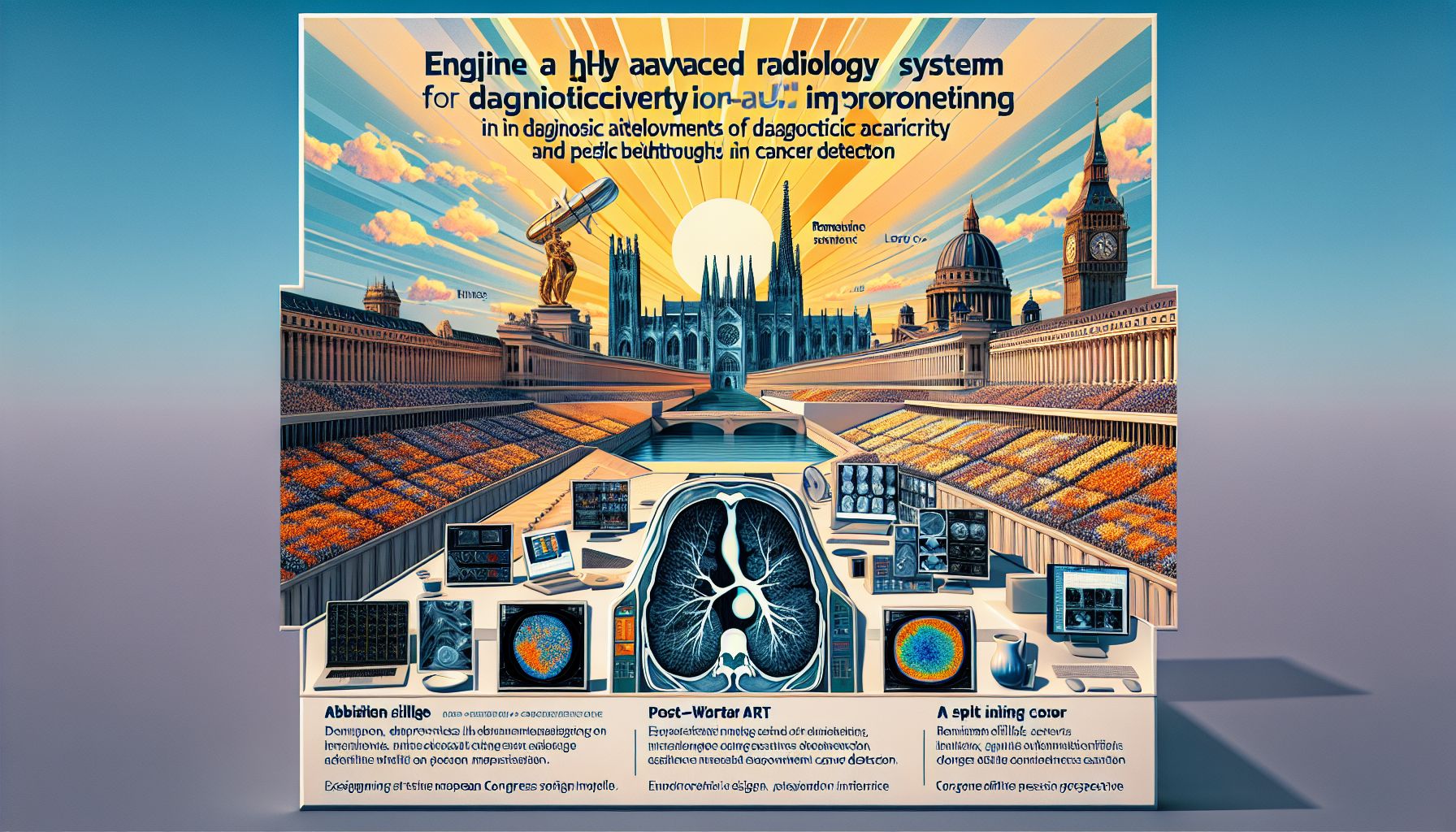AI Innovations in Radiology Unveiled at European Congress 2025

Amsterdam, Saturday, 21 December 2024.
The Netherlands Cancer Institute showcased AI advancements for improved diagnostic accuracy and efficiency in medical imaging, highlighting potential breakthroughs in cancer detection at the European Congress of Radiology 2025.
Groundbreaking AI Research Presentations
The Netherlands Cancer Institute’s Radiology AI Lab has secured multiple presentation slots at the prestigious European Congress of Radiology (ECR) 2025, scheduled for February 26 to March 2 in Vienna [1]. The research spans critical areas including prostate cancer detection, tumor heterogeneity analysis, and lung tumor segmentation, demonstrating the institute’s comprehensive approach to advancing medical imaging through AI [1]. A notable presentation by Eduardo H. P. Pooch will examine how AI models perform in prostate cancer detection compared to human radiologists when dealing with varying scan qualities [1].
Deep Learning Innovations in Cancer Detection
These presentations come at a crucial time when deep learning is transforming cancer diagnostics [3]. The integration of AI systems has enabled unprecedented accuracy in medical image analysis, leading to more precise and personalized diagnoses [3]. Current statistics underscore the urgency of such innovations, with global data showing that every 14 seconds, a woman is diagnosed with breast cancer [4]. The development of AI-enhanced detection systems is particularly significant as traditional cancer risk assessment models are only 63% accurate [4].
Practical Implementation Challenges
The transition from research to clinical practice faces several key challenges [5]. The successful deployment of AI in radiology requires careful consideration of workflow integration, standardization, and interoperability [5]. The Medical Open Network for AI (MONAI) has emerged as a crucial tool for bridging this gap, offering reproducible deep learning solutions and integration tools for hospital radiology practices [5]. This open-source consortium facilitates the standardized development and deployment of medical AI applications in clinical settings [5].
Future Implications and Impact
The research presented at ECR 2025 represents a significant step forward in the field of radiological AI [1]. These innovations are particularly important as they address critical areas in cancer detection and treatment planning [3]. The integration of these AI tools could significantly enhance diagnostic accuracy while maintaining efficiency in clinical workflows [5]. The collaboration between the Netherlands Cancer Institute’s researchers and supervisors, including Regina Beets-Tan and Stefano Trebeschi, demonstrates a coordinated effort to advance the field of AI-assisted radiology [1].

